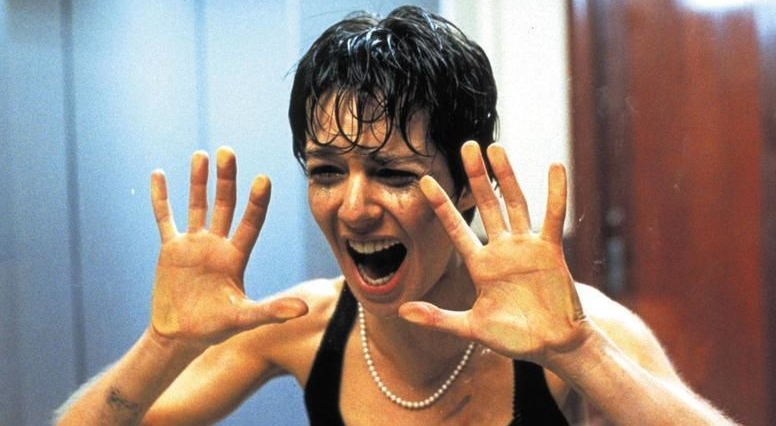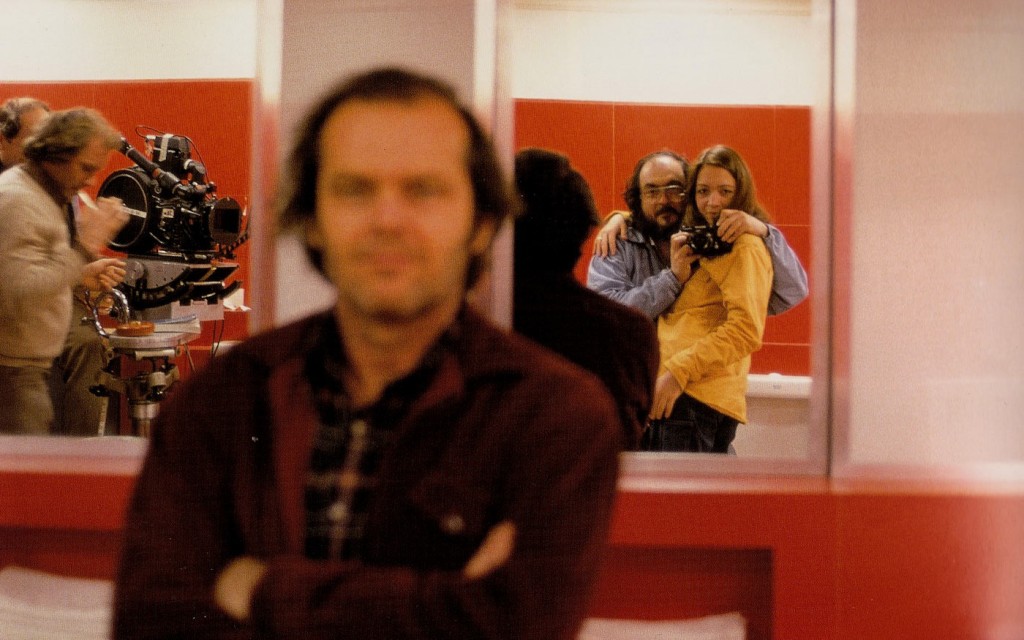So there we have it. 100 not nominated for Oscars. And, honestly, we could easily do a hundred more of these absentees. The final five, then, are some of my own absolute favorites that somehow did not have their names called out come the announcement of the Academy Award nominations. A huge, huge thanks to my terrific team of writers that contributed to the series. Go ahead, enjoy the last five, all parts can be found by clicking on the right hand panel.

Adapted Screenplay — Armando Iannucci, Jesse Armstrong, Simon Blackwell, Tony Roche (In the Loop) 2009
Spinning right off the hugely successful BBC satire The Thick of It, the astute In the Loop jumps straight into the serious issues and relationship between English and American politics – but this is essentially a comedy. The powers that be, the decision-makers, are made a mockery of here as the writers expertly exploit the comedy-of-errors driven by such government actions. The dialogue in particular packs a huge punch, crammed with observations, foul-mouthed rants, and flat out hilarious insults. The film is a feast in particular for Malcolm Tucker’s ferociousness – Peter Capaldi is on fire here. And although never quite juvenile, but always somehow smart, you find yourself wondering if these kind of crass exchanges do go on behind closed doors. We are so compelled by the words on screen, as well as the thin-veil of seriousness with which we may take certain political escapades, you want to believe it is so.
Picture — Once 2007
To bestow praise and love on a movie heavily based on its song lyrics, its music, as well as it’s narrative pedaled by pure heart and soul is to not cheat yourself out of seeing this splendid little gem. Musicals rarely get credit for their writing of non-melodic content, and John Carney’s Irish indie fable is hardly a musical in the conventional sense, but it is a charming, affecting piece of story-telling – both through the film’s plot and the musical numbers. Thought-provoking songs, giving characters backstory and status, Once is a good-natured tale, a triumph of the human heart. The leads, Glen Hansard and Markéta Irglová, as simply Guy and Girl respectively, wrote the songs between them, and perform them on-screen as part of their fleeting, naturalistic modern romance. Carney’s writing is also flourishing, real conversations, awkward exchanges, a rich chemistry, with little dialogue in all he still manages to salvage some true and poignant moments. Not long after the twosome have met, he a Dublin busker of sorts, and she a Czech street flower seller, they find refuge in a music store and sing the unforgettable (and Oscar-winning) “Falling Slowly” – which is kind of what they are doing right before our eyes – and ears.

Director — David Lynch (Wild at Heart) 1990
David Lynch’s wacky and what-the-fuck appeal must have nudged the Academy pretty hard when they nominated Diane Ladd for Supporting Actress this year. Wild at Heart may be a little twisted as road movies go, so this was never going to be a Best Picture contender. But fans of Lynch will agree that this was one of his best and most accessible works as a director – so not too much to assume they could have gone for this having that very year given nods in the Director category to two film-makers not in contention for Best Picture also (Stephen Frears for The Grifters, and Barbet Schroeder for Reversal of Fortune).
Foreign Language Film — L’avventura 1960
L’avventura is a motion picture like no other, adored by, and inspirational to, many. Michelangelo Antonioni captured mystery, beauty, longing, sadness, like a new art-form of storytelling – his muse Monica Vitti blossomed in front of the camera. Winning the Jury Prize in Cannes, L’avventura was nowhere to be seen with AMPAS. Incredibly, Antonioni would not be recognized by Oscar until he switched to the English speaking Blowup, earning him nods for Screenplay and Director. Awarded an Honorary Oscar in 1995, you have to wonder what the hell they were doing for 35 years. L’avventura is my personal favorite of 1960, a year of true marvel and excellence for films not in the English language.

Director — Christopher Nolan (Inception) 2010
Inception is, in my opinion, the single greatest movie achievement of the year. It lured me in with the anticipation and publicity, and then inevitably blew me away when I eventually saw it on the big screen. It reminded me why we have that urge to go to to cinema. I love pretty much everything about it, the whole original concept, the ensemble players, Hans Zimmer’s score. I could go on. Christopher Nolan directs the set-pieces and the dreamy landscapes with expertise, seemingly fully accomplishing what he had been promising with his prior work. He established himself a truly brilliant director (given his great work on the previously Oscar-dropped The Dark Knight). I am still haunted by that day his name was not read out when the Oscar nominations were announced. One of the great and baffling Oscar snubs without a doubt. No such absurdity should befall him in a couple of months on his way to the Best Director prize for Dunkirk.
That’s all folks. For now. Please leave your comments below.



























































































Recent Comments